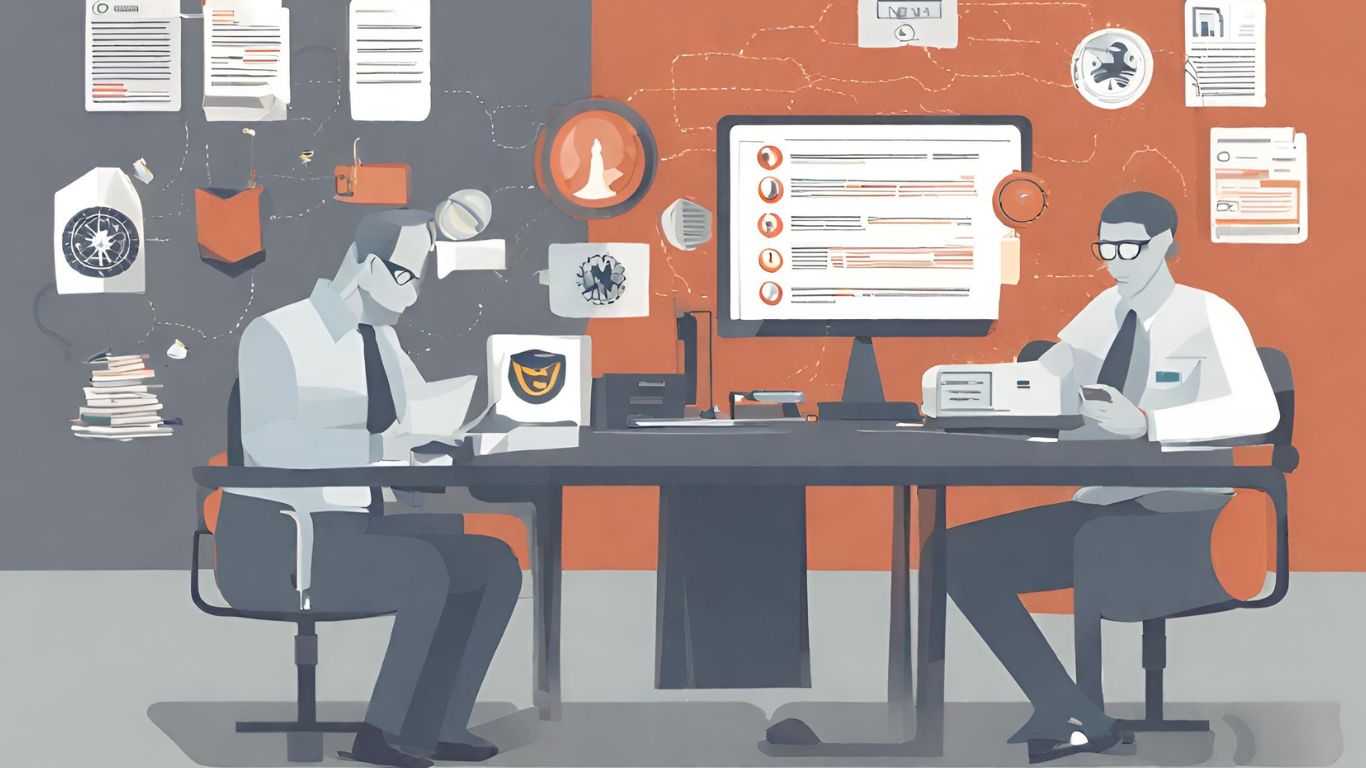Avoiding Unprofessional Testing: Protecting the CIA of Your Applications During Penetration Testing
Penetration testing, the cornerstone of application security, can be a double-edged sword. While it uncovers vulnerabilities and strengthens defenses, unprofessional penetration testing can inflict significant damage, potentially crashing applications and disrupting the critical CIA triad – Confidentiality, Integrity, and Availability. This blog post delves into the types of attacks that can disrupt applications during penetration testing and highlights Joushen’s approach to conducting secure and responsible penetration testing that prioritizes the CIA of your applications.
Disruptive Attacks: The Dark Side of Penetration Testing
Several types of attacks can disrupt applications during penetration testing. Understanding these attacks is crucial to mitigating their impact:
1. Denial-of-Service (DoS) Attacks: These attacks overwhelm the application with a flood of requests, exceeding its capacity and rendering it inaccessible to legitimate users. While valuable for identifying vulnerabilities, excessive DoS attacks can lead to unnecessary downtime and user frustration.
2. Brute-Force Attacks: These attacks involve repeatedly trying various combinations of usernames and passwords to gain unauthorized access. While effective, unprofessional testers might use brute-force attacks without proper controls, leading to account lockouts and hindering legitimate users.
3. SQL Injection Attacks: These attacks exploit vulnerabilities in web applications to inject malicious code into the database. While exposing critical vulnerabilities, unprofessional testers might inject code that corrupts data or crashes the application, causing significant damage.
4. Cross-Site Scripting (XSS) Attacks: These attacks inject malicious scripts into the application, potentially compromising user data or redirecting them to phishing websites. While identifying XSS vulnerabilities is important, unprofessional testers might inject scripts that disrupt the application’s functionality, causing instability and user inconvenience.
Joushen’s Secure Penetration Testing: Prioritizing CIA
At Joushen, we believe in ethical and professional penetration testing that prioritizes the CIA of your applications. We achieve this through a multi-pronged approach:
1. Scope and Risk Management:
- Clearly define the penetration testing scope, limiting the attack surface and minimizing potential disruption.
- Identify and assess potential risks associated with each attack type, prioritizing high-risk vulnerabilities and mitigating potential impacts.
2. Controlled Testing Environment:
- Conduct penetration testing in a controlled environment separate from the production environment. This ensures that any disruptions or crashes don’t affect live users or real data.
- Implement network segmentation and access controls to further isolate the testing environment and prevent accidental damage to production systems.
3. Skilled and Experienced Testers:
- Employ highly trained and certified penetration testers with extensive experience in secure testing methodologies.
- Ensure testers possess strong ethical principles and understand the importance of responsible penetration testing practices.
4. Vulnerability Validation:
- Implement comprehensive validation procedures to confirm identified vulnerabilities before reporting them.
- This minimizes false positives that could lead to unnecessary remediation efforts and potential disruptions.
5. Communication and Transparency:
- Maintain clear communication with clients throughout the penetration testing process, keeping them informed of potential risks and progress.
- Provide transparent reports that detail identified vulnerabilities, remediation recommendations, and risk assessments.
6. Continuous Improvement:
- Regularly review and update penetration testing methodologies and tools to stay ahead of evolving threats and vulnerabilities.
- Participate in industry-wide initiatives to share best practices and enhance the penetration testing landscape.
7. Security Automation:
- Leverage automation tools to streamline vulnerability scanning and penetration testing processes.
- This improves efficiency, reduces human error, and minimizes potential disruptions caused by manual testing activities.
Conclusion: Secure Applications, Untroubled Operations
Penetration testing is an essential aspect of application security. However, it’s crucial to ensure that it is conducted responsibly and professionally to avoid compromising the CIA of your applications. By prioritizing controlled testing environments, skilled testers, robust validation procedures, and open communication, Joushen helps you navigate the complexities of penetration testing while safeguarding your applications and maintaining their critical functionality.
Partner with Joushen to experience the difference of secure and professional penetration testing. Contact us today to discuss your application security needs and embark on a journey of robust security, unwavering availability, and uncompromised data integrity.

